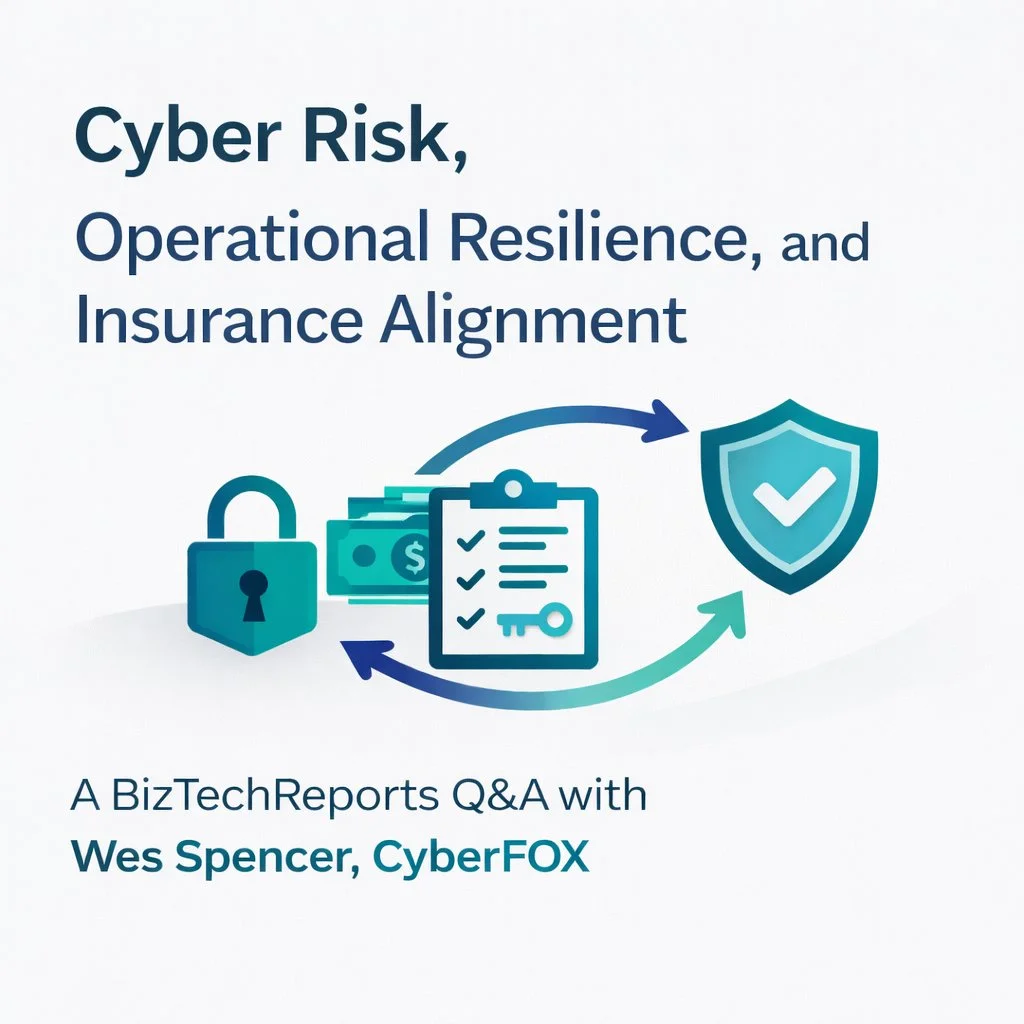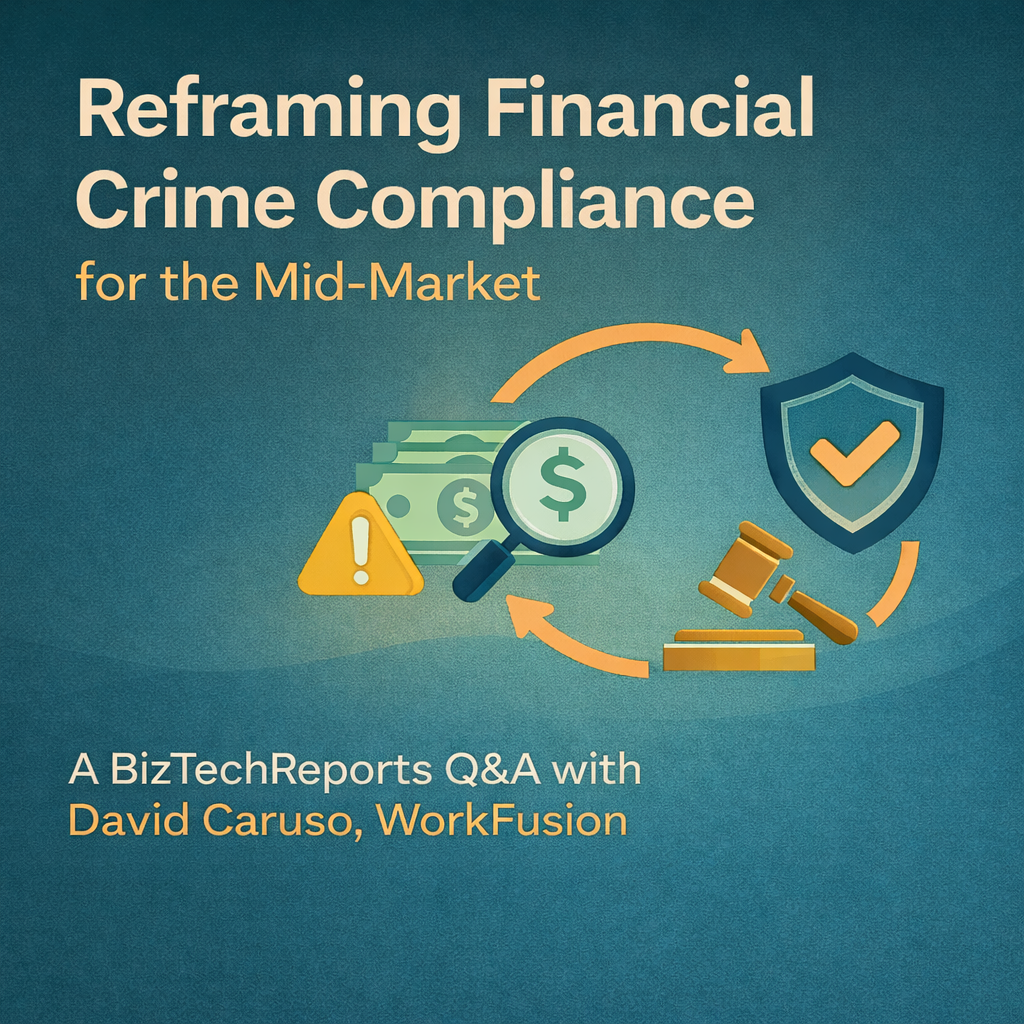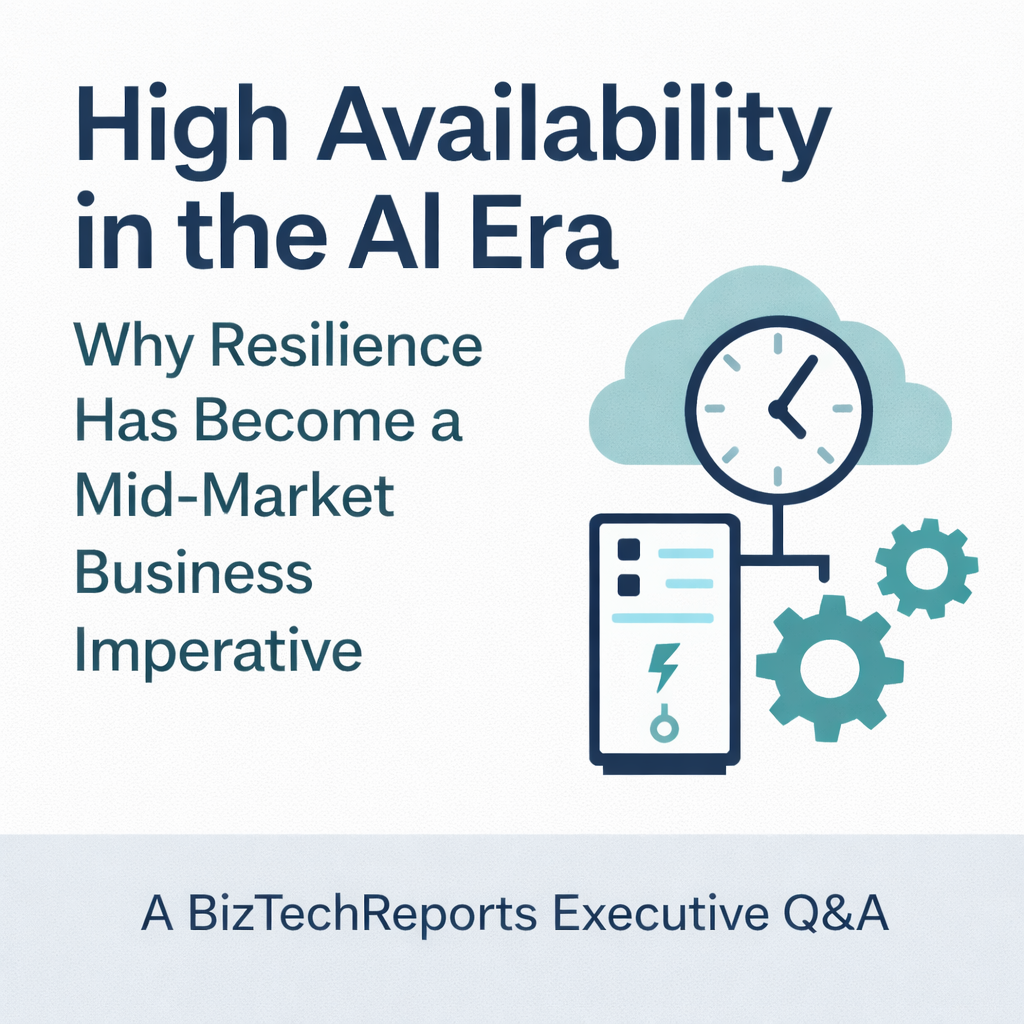Latest News & Executive Interviews
AI Elevates Payroll’s Workforce Value, ISG Says – ISG – February 06, 2026.
The ISG Buyers Guides for Payroll Management, produced by ISG Research, provide the rankings and ratings of 29 software providers and their products to support agile, integrated payroll capabilities that meet growing enterprise requirements. The research finds that companies increasingly need payroll systems that help them navigate complex regulations, view data in real time and satisfy rising employee expectations for financial flexibility.
Gartner Predicts 60% of Brands Will Use Agentic AI to Deliver Streamlined One-to-One Interactions by 2028 – Gartner – February 05, 2026.
By 2028, 60% of brands will use agentic AI to facilitate streamlined one-to-one interactions, according to Gartner, Inc, a business and technology insights company.
This transformation in marketing strategy will shift traditional channel-based approaches and usher in a new era of personalized, autonomous engagement. These AI agents will act as persistent digital concierges, seamlessly spanning marketing, sales and support to create hyperpersonalized experiences.
Fewer than One in Five Companies Have a Dedicated Geopolitics Department – BCG – February 04, 2026
In 2025, global policy uncertainty reached a 20-year peak, more than four times higher than during the global financial crisis and around 50% above COVID-19 levels. Senior executives now cite trade reconfiguration, weakening multilateral institutions, and the weaponization of economic tools as persistent threats to business continuity and competitiveness. As geopolitical disruption becomes a defining feature of global business, most companies still lack the ability to systematically anticipate, assess, and respond to these risks, with less than 20% of companies having created a dedicated geopolitics department.
AI Boosts Analytics to Empower Enterprises, ISG Says – ISG – February 04, 2026.
The ISG Buyers Guide™ for Analytics, produced by ISG Software Research, provide the rankings and ratings of 21 software providers and their products for all aspects of analytics. The research finds that business intelligence requirements continue to expand and now include sourcing of data, collaboration across teams, predictive insights and the use of analytics for planning, forecasting and performance guidance. The Buyers Guide for Analytics Emerging Providers, published in conjunction with the Analytics guide, evaluates 12 next-generation companies on the leading edge of these technologies.
AI-Driven Super Bowl Season, Transparency is the New Creative Advantage for Marketers – Gartner – February 03, 2026.
Super Bowl advertising often previews the creative and channel strategies marketers will lean on all year. In 2026, expect a bigger shift toward pre‑game releases and activations, more obvious and disclosed AI usage, and a sharper fight for attention powered by celebrities, humor and “shop-now” moments that bridge digital and physical experiences.
Cyber Risk, Operational Resilience, and Insurance Alignment — CyberFOX — January, 28, 2026
Mid-market industrial organizations — spanning manufacturing, energy distribution, utilities, and their associated supply chains — are undergoing a profound shift in how they think about cybersecurity and operational resilience. Once able to rely on physical separation and legacy processes to protect industrial control systems, these organizations now operate in a digitally connected environment where the line between IT and OT is increasingly blurred. Ransomware attacks targeting OT networks have surged dramatically, often arriving through weak points in IT infrastructure before pivoting into production systems. At the same time, cyber insurers — facing years of escalating claims — have recalibrated their underwriting requirements, pushing for higher levels of identity security, privileged access management, and continuous visibility.
AI glasses market: 47% CAGR growth to 35M units by 2030 – Omdia – January 26, 2026.
The AI glasses market is poised for robust growth, with global shipments projected to surge from 5.1 million units in 2025 to over 35 million units by 2030.
Identity, Insurance, and Operational Risk: Mid-Market Industrial Firms Face a New Cybersecurity Reality — CyberFOX — January, 27, 2026
In response to rising ransomware attacks that are targeting mid-market industrial organizations, a consensus is emerging among business leaders that a much more integrated, multi-disciplinary strategy is needed to reduce risk and enhance resilience across both IT and operational technology environments. This is because manufacturers and utilities are being forced to confront risks their legacy systems were never engineered to withstand.
Reframing Financial Crime Compliance for the Mid-Market — WorkFusion — January 21, 2026
Financial crime compliance has long been treated as a necessary but burdensome function within banks. Many have suggested that these initiatives represent an operational cost center designed to satisfy regulators rather than actively reduce risk. For mid-market financial institutions, that model is under increasing strain. Regulatory expectations that once applied primarily to global banks have steadily cascaded downstream, while staffing shortages, rising alert volumes, and expanding data requirements make traditional operating models difficult to sustain.
Mid-Market Banks Turn to AI as Compliance Burden Outpaces Headcount — WorkFusion — January 20, 2026
For mid-market financial institutions, financial crime compliance is emerging as a broader risk-management challenge, one that extends beyond meeting regulatory requirements to integrating fraud prevention, customer risk, and operational controls across the bank. Regional and super-regional banks face many of the same anti-money-laundering (AML), sanctions, and know-your-customer (KYC) obligations as the largest global institutions, but without comparable scale, staffing depth, or technology budgets. As regulatory expectations continue to cascade downstream, these banks are increasingly turning to artificial intelligence not as an experimental add-on, but as a way to keep their compliance programs viable, according to David Caruso, vice president of financial crimes and compliance at WorkFusion, speaking during a BizTechReports executive vidcast interview.
AI reshapes customer service strategy as leaders rethink staffing, skills and service models – Gartner – January 15, 2025.
In a survey of 321 customer service and support leaders conducted between September and October 2025, Gartner found that 91% are being pushed by senior leadership to deploy AI as a strategic lever for customer experience. The emphasis, analysts say, is increasingly on resolving issues at first contact, reducing customer effort, and embedding AI into everyday workflows rather than treating it as a back-office efficiency tool.
High Availability in the AI Era: Why Resilience Has Become a Mid-Market Business Imperative — SIOS – January 14, 2026
Artificial intelligence is changing not only how organizations analyze data and automate processes, but also how they think about operational risk. As AI-driven workflows become embedded in finance, manufacturing, healthcare, and customer-facing systems, tolerance for downtime is shrinking rapidly. Systems that once supported scheduled maintenance windows or delayed recovery now underpin continuous decision-making, real-time analytics, and always-on customer engagement.
Legal Departments turn to AI and matter management technology to rein in outside counsel costs – Gartner – January 13, 2025.
Legal departments are increasingly relying on technology—and artificial intelligence in particular—to address chronic cost overruns tied to outside counsel, as traditional oversight methods prove insufficient for managing complex legal work at scale, according to new research from Gartner.
For Mid-Market Executives, High Availability Moves From IT Safeguard to AI-Era Business Imperative – SIOS – January 12, 2026
As artificial intelligence accelerates decision-making, automation, and customer interaction across industries, it is quietly transforming expectations for uptime. Systems that once tolerated scheduled outages or delayed recovery now operate in an always-on environment where minutes of downtime can cascade into lost revenue, operational disruption, and reputational damage.
Fixed Wireless Access Forecast 2025-2030 – IDC – January 9, 2025.
RAN Research has published its latest market forecast, providing an update on the FWA market. Mapping new countries in Europe (Belgium, France, Germany, and Spain), the forecast explores the next five years for FWA, as it eventually comes into contact with 6G. The report’s free executive summary can be downloaded here.
Hyperscale cloud service providers are becoming critical enabler of AI-driven advertising growth – Omdia – January 8, 2025.
As AI-driven technologies propel global digital advertising revenue toward a projected $900bn in 2025, hyperscale cloud service providers are emerging as the critical infrastructure powering this growth. In this analysis, Omdia explores how cloud vendors are becoming indispensable partners for social media, retail media, and streaming platforms, enabling the advanced campaign optimization and personalization strategies that are reshaping the industry.
Worldwide Server Market Revenue Increased 61% During the Third Quarter of 2025 – IDC – January 7, 2026.
According to the International Data Corporation (IDC) Worldwide Quarterly Server Tracker, the server market reached a record $112.4 billion dollars in revenue during the third quarter of the year. This quarter showed another high double digit-growth rate by reaching a year-over-year (YoY) increase of 61% in vendor revenue compared to the same quarter of 2024. Revenue generated from x86 servers increased 32.8% in 2025Q3 to $76.3 billion while Non-x86 servers increased 192.7% YoY to $36.2 billion.
The AI Jobs Boom Versus the Skills Bust – PwC and WEF –January 6, 2025
AI is poised to deliver a massive employment surge, with the global economy projected to create 170 million new roles by 2030, a net gain of 78 million jobs, according to the World Economic Forum (WEF). However, this historic jobs boom faces a critical systemic failure: the Skills Gap. Public data confirms the crisis is immediate: 63% of employers report skills shortages are blocking growth, and workers with proven AI skills already command a 56% wage premium, more than double last year’s figure. The real story isn't job creation, but the race to upskill nearly 60% of the global workforce to fill these new roles before automation makes the old ones obsolete.
Gartner Survey Reveals 61% of U.S. Citizens Rate Secure Data Handling as Extremely Important for Government Digital Services – Gartner –January 3, 2025
A Gartner survey of 1,576 U.S. citizens found that despite this being the top identified concern, net citizen trust in the government’s handling of personal data is at 41%.
Worldwide External Enterprise Storage Systems Market Revenue Increased 2.1% During the Third Quarter of 2025 – IDC – January 2, 2025.
According to the International Data Corporation (IDC) Worldwide Quarterly Enterprise Storage Systems Tracker, the external OEM enterprise storage systems (ESS) market grew 2.1% year-over-year (YoY) in the third quarter of 2025 reaching $8.0 billion in vendor revenue. From the historical perspective, this level of growth is solid for the mature ESS market but still is eclipsed by the high double-digit growth in the server market, which is driven by investments in accelerated server infrastructure.




















